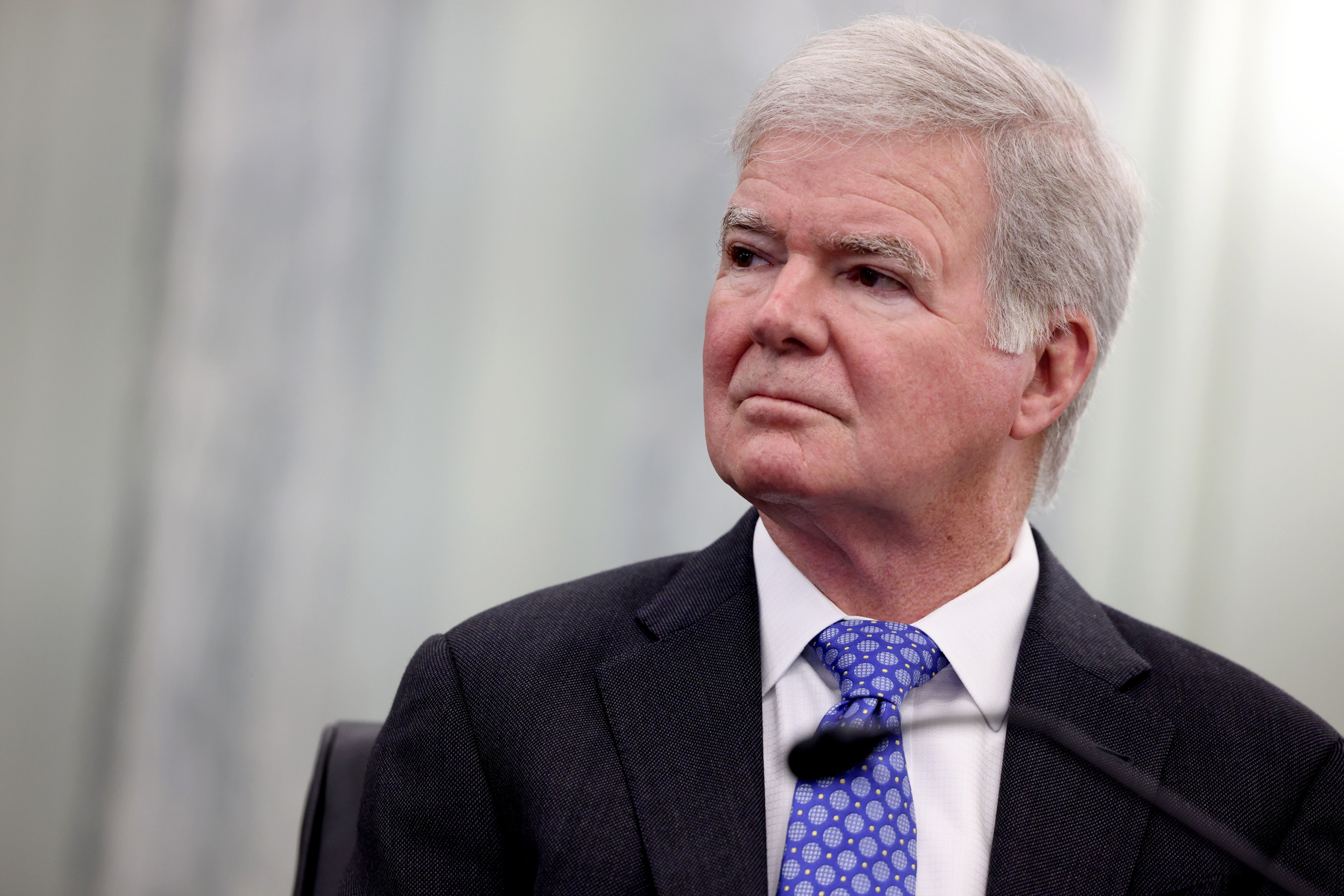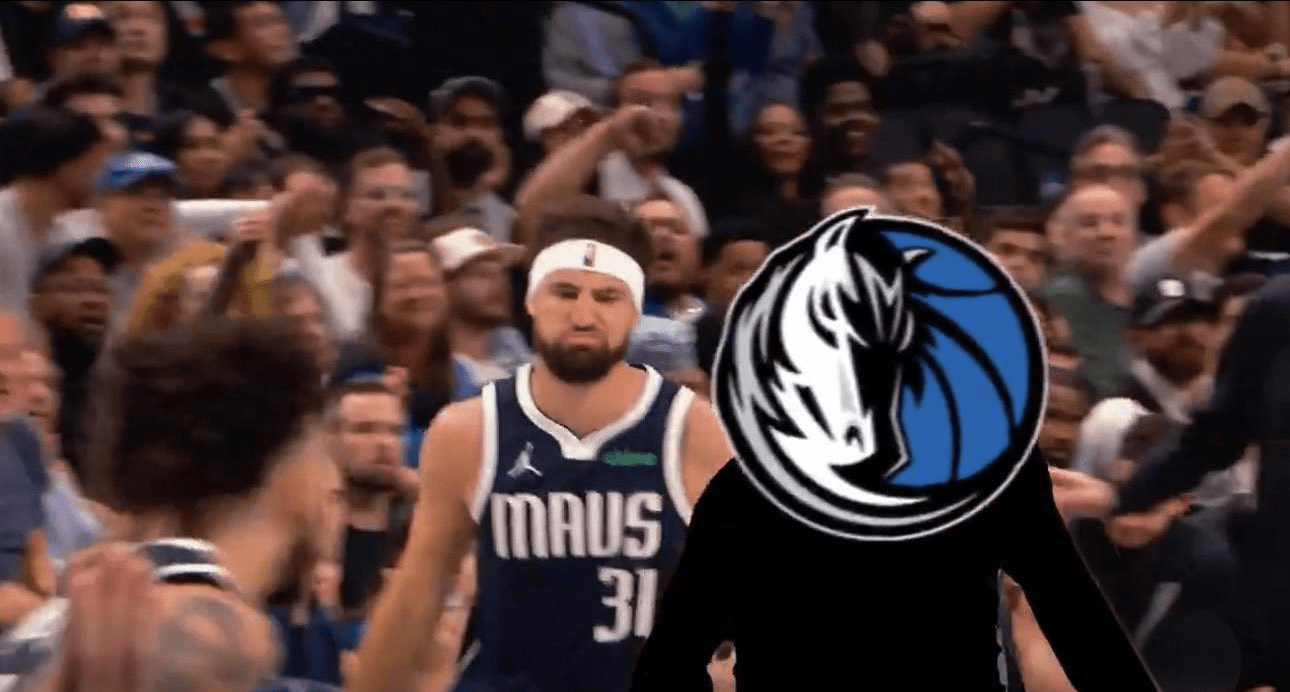As several states prepare to implement laws that would allow college athletes to profit from their name, image, and likeness—laws that would overrule the NCAA's "amateurism" regulations that prevent students from earning money from things like appearances and sponsorships—therefore giving a recruiting advantage to schools in states with such laws on the books, the NCAA is scrambling to craft a plan that allows it to save a shred of face.
In a statement today, the NCAA said that it's proposing to suspend the rules related to NIL. The NCAA said that "college athletes can engage in NIL activities that are consistent with the law of the state where the school is located" and that "athletes who attend a school in a state without a NIL law can engage in this type of activity without violating NCAA rules related to name, image and likeness." The proposal, which goes to a vote before the Division I Board on Wednesday, would cover some 170,000 Division I athletes, and it's expected that the other college sports divisions could follow suit.
The NCAA has long argued against allowing college athletes to have the same economic rights as all other students and earn money from their NIL; its about-face on the issue coming just days before the state's NIL laws are set to go into effect on July 1, and a week after a Supreme Court ruling undermined portions of the NCAA's amateurism rules, shows just how resistant the NCAA has been to adopting any sort of change of its own volition. And the slapdash nature of the interim policy (the New York Times dubbed it "hastily crafted") perhaps shows just how confident the NCAA was that this day would never come.
If there's a lesson to be taken from any of this, it's in how hard and how long the NCAA resisted granting even the most basic earning power, the kind that poses no real threat to the organization's bottom line or the exploitative nature of big-time college sports, to its athletes. Bullying the NCAA off of its position on NIL is a great victory for college athletes, but the real fight, the one that demands those athletes be fairly compensated by the institutions they enrich with their labor, will be much harder to win.





